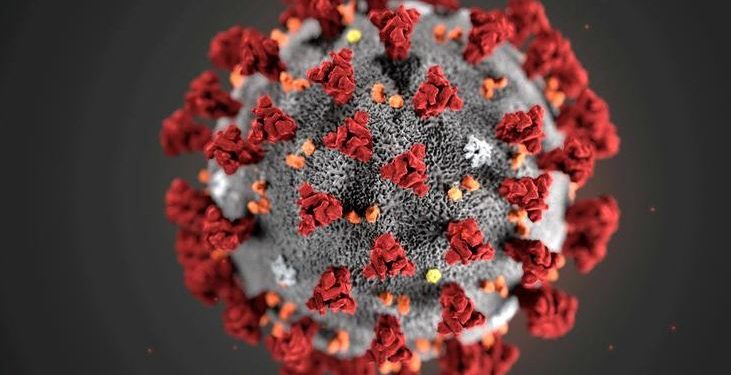New York: A medication approved by the US Food and Drug Administration (FDA) primarily used to treat gout also has potent anti-viral properties against SARS-CoV-2, the virus causing Covid-19, according to a study.
Gout is a type of arthritis characterised by severe pain, redness and tenderness in joints.
The study, published in the journal Scientific Reports, found that ‘probenecid’ has broad anti-viral properties, making it a prime candidate to combat not only SARS-CoV-2 infection but also other common and deadly respiratory viruses like RSV and flu.
FDA approved probenecid has been on the market for over 40 years and has minimal side effects.
“There’s really nothing out there to safely fight these viruses,” said lead author Ralph Tripp from University of Georgia’s College of Veterinary Medicine.
“This antiviral works for all RNA respiratory viruses we tested, including SARS-CoV-2. RSV, coronavirus and flu all circulate in the same season. Bottom line is you can potentially reduce infection and disease using this one oral drug,” Tripp added.
Viruses work by co-opting a person’s own cells to replicate and produce more of the virus. Probenecid blocks that replication process, keeping the virus from infecting the individual’s cells.
In clinical development, Tripp showed the drug works as a prophylactic prior to virus exposure and as a post-exposure treatment in animal models against SARS-CoV-2 and flu. The drug also has proven effective in fighting the RSV in vitro, and in vivo studies are in progress.
Although the drug would primarily be used after a person is positive for the virus, the prophylactic findings mean people with known exposures could also potentially take the drug to prevent getting sick.
The current go-to treatments for seriously ill Covid-19 patients, remdesivir and monoclonal antibodies, can only be given through an IV. And by the time a Covid patient needs them, it’s often too late.
“These treatments have seen some effectiveness against SARS-CoV-2, but they’re very expensive and very hard to come by,” Tripp said. “In reality, there are only a handful of options that can actually be used because of the cost, restricted IV usage, and lack of access. That’s not very useful to the world.”
Probenecid, on the other hand, is widely available. Primary care physicians could prescribe a pill to patients, and they could pick it up at their local drugstore.
Now the researchers are investigating what dosage of probenecid could have the biggest impact fighting viruses in people.






































